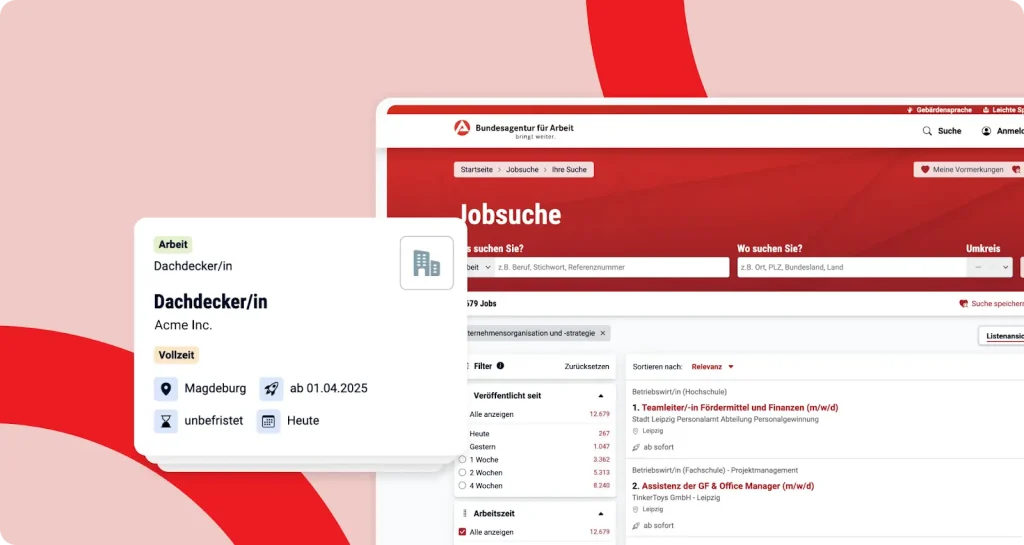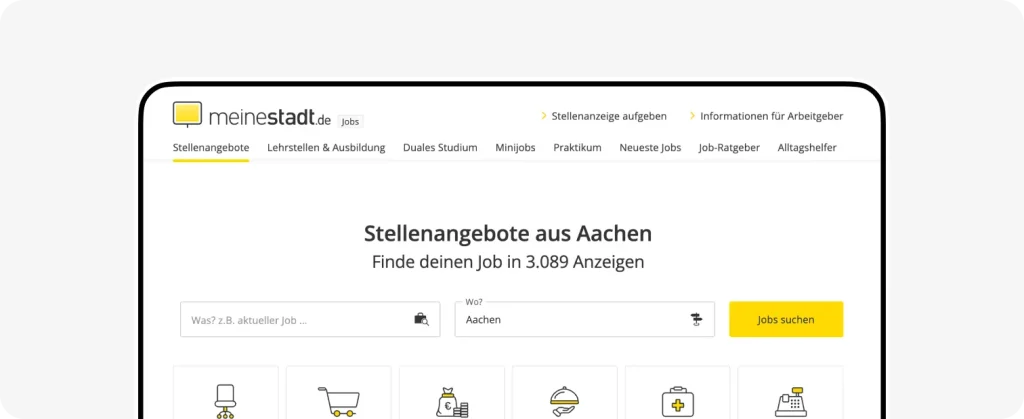The importance of team building and company culture
Working on your team building activities can work wonders for your communications, relationships and productivity within your organisation.
Teamwork makes the dream work
It goes without saying that having high-performing teams are much more successful and bring much better results. And sure, you could focus only on finding high-performing people during the interview process, but the importance of team building isn’t something to underestimate.
An easy way to work towards better team work is to give your employees a sense of community. This will in turn improve your company culture as everyone will feel much happier and more satisfied when going to work and spending time in the office with each other. If your team can work together to solve problems then those problems will disappear a lot quicker and with much better results than if people don’t have that feeling of camaraderie.
Some of the most memorable team building activities that I have been a part of have been taking a boat trip and having a picnic during the sunset. Also participating in an escape room which made me laugh uncontrollably, and mostly failing at building a raft with people I hadn’t worked with before. Team building has always picked my spirits up and made me much happier to come to work to see those more friendly faces.
How team building gives back
Increasing productivity
Teams that work well together share the workload, meaning that if someone has considerably less work than someone else within the team they can pick up the slack to help catch up. This is of course reciprocated when it happens the other way around and so increases productivity.
Team building helps this because when people feel like they can be part of a better team, they’re much more likely to go that extra mile for other people. They want their team to succeed, not just themselves.
Encourages a learning environment
Successful team building motivates teams to be more collaborative and share the experiences they have to improve the overall success of the group. This is much easier to foster when people are happy working together. Building on top of each other’s talents and being creative together will lead to new ideas and out-of-the-box thinking on solutions to problems. This makes work much more fun, but it needs to be built on a culture that is already encouraging great relationships and shouldn’t be expected to happen organically.
Communication is key
When people try to work together without having a good base for a relationship, communication can get messy and confusing. It’s much easier to work with people when everyone understands each role and responsibility rather than having blurred lines. When everyone knows what each person is working on then they can check in and help out when needed. An open and honest feedback culture is an essential part of this as well.
Resolves conflicts
Of course, when people work together you can count on disagreements. It’s up to team members involved to firstly try to resolve these issues and work towards collaboration and compromise.
Conflicts at work aren’t always a negative thing, most often it leads to a better understanding and learning of each other. Conflicts generally tend to happen when people have come from different working environments and have different opinions on how something should be worked on. This is particularly true if you take the culture add rather than cultural fit approach in hiring. Although this may cause conflict at first, it will make your team stronger in the long run. Team building is the perfect tool to group different skills and learn from each other.
Building trust
Teams that trust each other and can lean on each other when things get overwhelming is invaluable. When you build trust between teams you’re giving them space to grow with the backup of their work friends. They’ll also be much more likely to open up with each other and be honest about their own strengths and weaknesses, giving feedback and receiving feedback openly. Exposing these vulnerabilities creates an easier environment to collaborate and listen to each other because there’s a shared amount of trust between them all.
How does team building affect company culture?
When team building is effective it affects the whole organisation, if people are happy working within their own teams they’ll be more likely to work collaboratively with other teams. This improves the overall vibe in the workplace and gives HR teams a much stronger foundation to build great culture going forward.
Company culture ties in with team building beautifully because it’s all about how people feel at work. Some of the most important things to note here are that people need to feel:
- Valued and trusted
- Listened to
- Part of a team
- Able to make decisions
- Space to learn and grow
Everyone in the organisation is responsible for having a great working culture, and by setting up effective team building activities you’ll be making it much easier for company culture to develop in a more natural way. Before you know it you’ll have teams that can work together with great communication and problem-solving skills, while working cross-functionally with others. This, in turn, results in much better employee engagement.
Hannah Squire
Hannah was a Content Specialist at JOIN. During her time with us, she mostly wrote about improving company culture and building stronger teams.


